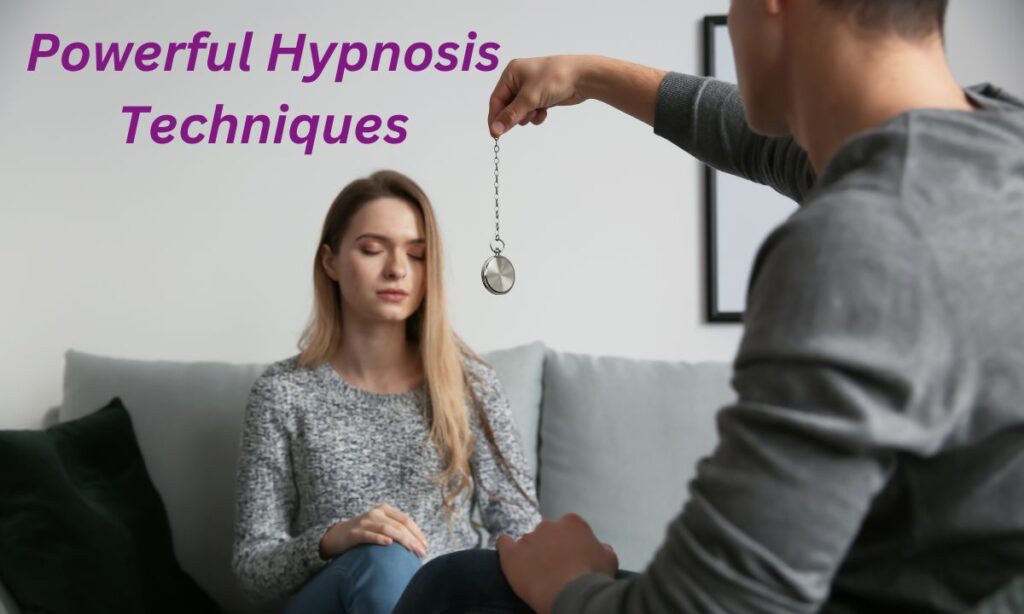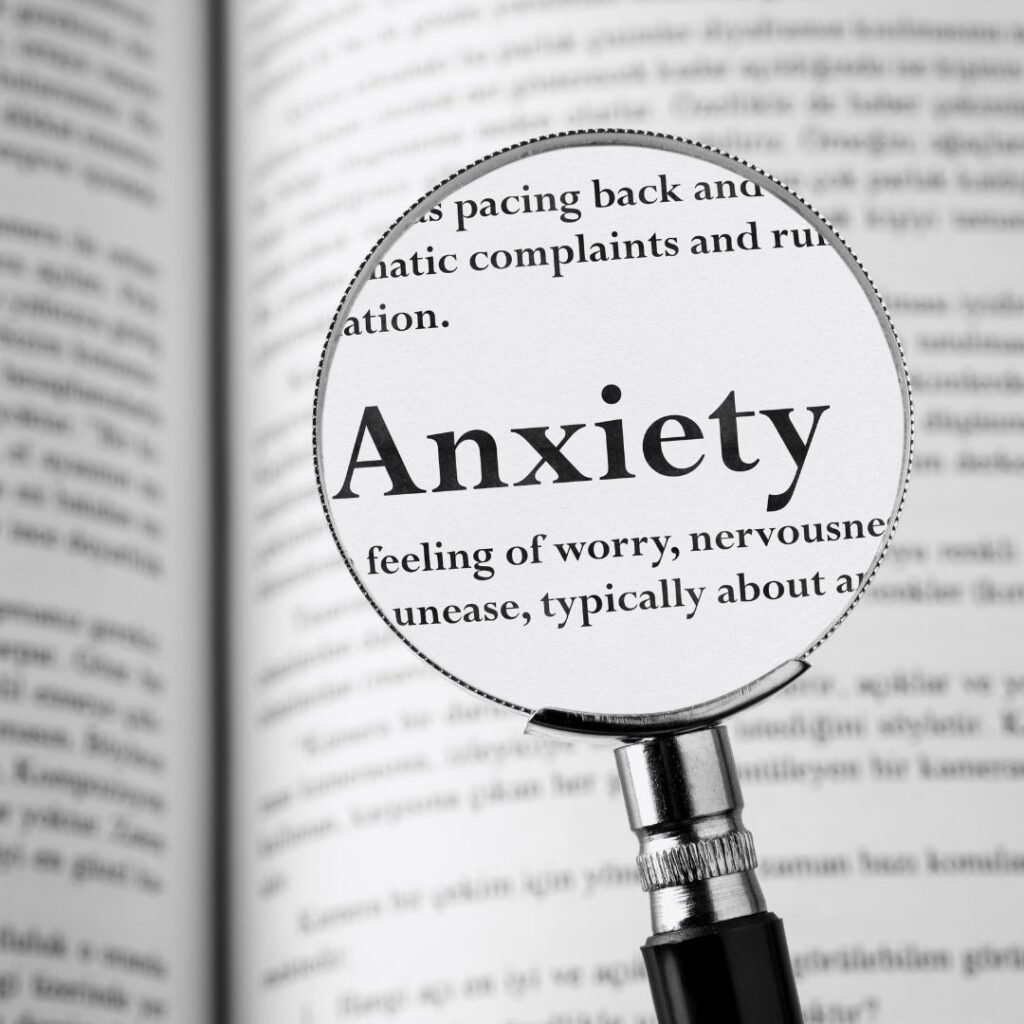India’s Best Hypnotherapy & Past Life Regression Courses – Make Me Pure Pvt. Ltd.
Have you ever felt stuck in patterns you can’t explain? Or felt like something from deep within—maybe even from a past life—is holding you back? If so, you’re not alone. And more importantly—you’re in the right place. At Make Me Pure Private Limited, we believe healing begins with understanding. We help people unlock their subconscious mind, release emotional blocks, and reconnect with their true selves—through the power of hypnotherapy and past life regression therapy. And if you’re someone who wants to learn how to help others do the same, we offer India’s most compassionate and comprehensive certification programs in these powerful healing methods. About Make Me Pure: More Than a Wellness Center Make Me Pure Pvt. Ltd. is India’s leading mental and emotional wellness institute, deeply committed to supporting people through: Life-transforming workshops Certified healing and therapy courses One-on-one sessions Meditation and mindfulness programs We’re a heart-centered team of physicians, counselors, energy healers, psychiatrists, and mindfulness coaches—working together to help you transform your life from the inside out. We’ve helped thousands of people overcome mental blocks, emotional struggles, and even past life traumas—so they can step into a more confident, peaceful, and fulfilled version of themselves. Why Learn Hypnotherapy & Past Life Regression? Mental health is not just about coping—it’s about thriving. These courses offer you the tools to: Heal unresolved emotional pain Discover the hidden patterns affecting your life Empower others to find clarity and peace Start a professional practice in healing and mental wellness Whether you want to heal yourself, help others, or start a new career—you’re welcome here. What Makes Make Me Pure the Best Institute in India? There are many wellness courses out there—but at Make Me Pure, we do things differently. Here’s why students from all over India and even abroad choose us: 🌟 1. Courses Designed by Professionals & Healers Our curriculum is created by experts in psychology, neuroscience, spirituality, and energy healing. We’ve blended ancient wisdom with modern science to give you an education that’s not only powerful—but deeply personal. You’ll learn: Hypnosis techniques & trance states How to safely guide past life regression sessions Inner child healing Trauma release and subconscious rewiring Energy and aura healing Real client case studies and practice sessions 🌍 2. Certifications Recognized Worldwide Once you complete our course, you’ll receive a globally valid certification. This means you can: Practice as a certified therapist in India and abroad Offer one-on-one healing sessions or group workshops Build your own wellness brand with confidence Our certifications are backed by international holistic wellness bodies, giving you credibility wherever you go. ❤️ 3. Healing from the Inside Out We don’t just teach you techniques—we walk the journey with you. Our training is deeply healing. Many students say they feel emotionally lighter, more confident, and more connected to their purpose after the course. You’ll experience: Emotional detox and release Inner strength and self-love Personal breakthroughs and clarity A supportive, judgment-free space to grow 💬 4. Language-Friendly & Flexible Learning We offer courses in both English and Hindi, so you can learn in the language you’re most comfortable with. You can join: Live Online Classes (Flexible and interactive) In-Person Retreats and Workshops (For immersive learning) Our team will support you every step of the way—even after you’re certified. What You’ll Learn in Our Courses Our hypnotherapy and past life regression courses are thoughtfully structured to give you everything you need to start your practice. Here’s what you’ll explore: Understanding the subconscious mind Using guided imagery and relaxation techniques Exploring past lives safely and ethically Clearing emotional baggage and karmic patterns Learning spiritual tools for deep healing Conducting real-time healing sessions Setting up your professional practice And the best part? You don’t need a psychology background to join. All you need is an open heart and a willingness to learn. Real Issues Our Programs Help With Our students and clients have healed from: Depression and anxiety Overthinking and stress Insomnia and fatigue Low confidence and self-worth Panic attacks and trauma Relationship wounds and heartbreak Inner child wounds and past life fears Schizophrenia and obsessive thoughts Spiritual confusion and emotional stuckness We’re here to help you free yourself—and then guide others to do the same. Who Can Join This Course? This is perfect for: Beginners on a healing journey Spiritual seekers and mindfulness lovers Life coaches, therapists, yoga instructors Anyone looking to help others with real, powerful tools People who want to start a career in wellness and therapy No matter your background—you’re welcome here. Structure of the Program We know everyone learns differently, so we offer flexibility: 📚 Duration: 7-Day Intensives (In-Person) 3-Month Online Course (With Live Support & Recordings) 🧘 Modes: Online Live Zoom Sessions Self-paced video library In-person retreats (selected locations) 📄 Certification Includes: Certified Hypnotherapy Practitioner Certified Past Life Regression Therapist International Accreditation Lifetime access to course content Plus, you’ll get tools, meditations, scripts, and everything you need to get started. What Students Say “I joined Make Me Pure to understand myself better—but I left as a confident healer. This program healed me in ways I didn’t think possible.”— Neha B., Mumbai “Their approach is so human, gentle, and authentic. I now have my own healing practice—and clients from 4 countries.”— Rajeev M., Delhi “I had tried therapy before, but nothing felt this deep. The inner child and past life work gave me so much peace. Truly life-changing.”— Simran K., Bangalore Your Transformation Starts Here At Make Me Pure, we believe mental health should never be ignored. Your mind, just like your body, deserves healing, love, and support. Whether you’ve felt stuck, scared, or simply ready to step into your power—this course is for you. With us, you don’t just learn healing. You become it. 💬 Ready to Take the First Step? Our next batch is filling fast. Don’t wait to begin your healing journey. 📞 Call or WhatsApp: +919773609198🌐 Website: www.makemepure.com📧 Email: makesmepure@gmail.com Final Thoughts This world needs more healers. More people who can hold space for others to grow.
















